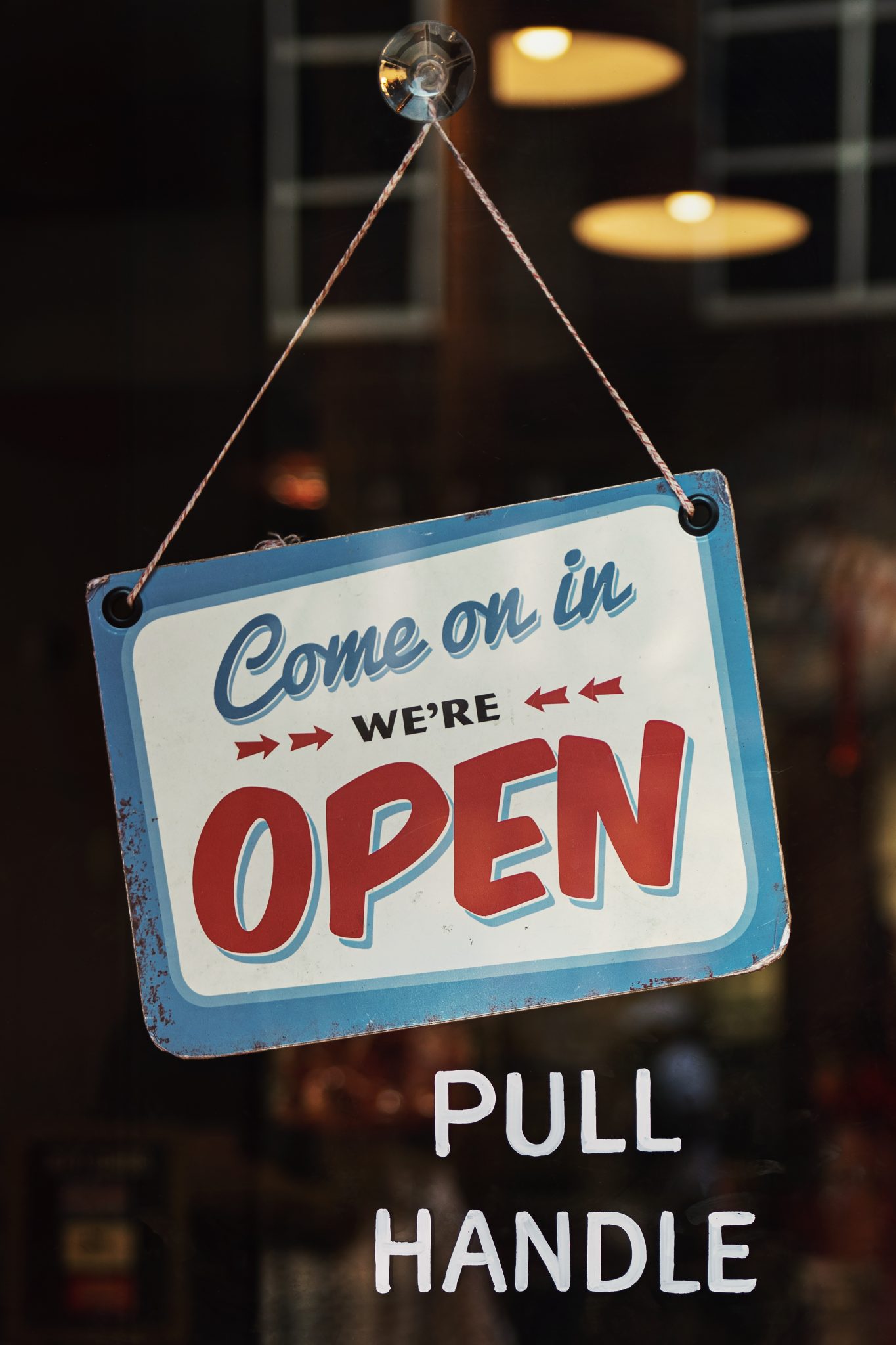“No way! $55 an hour! That’s over $100,000 a year! Who do these people think they are?”
That was me, about two years ago when I was dipping my toe into the world of self-employment and looking up the going rates for my own services. I had sticker shock about my own work, so I definitely understand when other people are taken aback by the cost of things in the small business world.
 I’m a ghostwriter and curriculum designer who came into this work after years of being in salaried positions. I started working when I was 15 years old, and I have held several hourly wage jobs as well. Thinking about payment and wages as a set amount of pay for a set amount of time was pretty much hard-wired into my brain.
I’m a ghostwriter and curriculum designer who came into this work after years of being in salaried positions. I started working when I was 15 years old, and I have held several hourly wage jobs as well. Thinking about payment and wages as a set amount of pay for a set amount of time was pretty much hard-wired into my brain.
But I had to unwire it. Fast.
Early on, I was so shocked by what I considered an exorbitant price for my services that I was willing to offer them at rock bottom prices. “I only need $20 an hour. That’s $40,000 a year if I work full time.”
If you run your own business or do freelance work, you’re probably rolling your eyes right now at how wrong I was. I know that now, but it was a hard lesson to learn.
You see, $55 an hour is not the rate I actually receive for doing my work. That rate is quoted for the amount of time I spend actively working on a project. It doesn’t count the amount of time I spend on the phone with a client finding out what they want me to do in the first place. It doesn’t count the emailing of invoices or the administrative tasks of keeping track of what projects are due on each day. It doesn’t count the extra taxes I now have to account for since my employer is no longer covering that portion. It doesn’t count the time I spend brainstorming for a project without even meaning to—while I’m running errands or cooking dinner or trying to watch TV for twenty minutes. It doesn’t count the time I spend researching and taking classes in my field to keep my expertise up to date. It doesn’t count . . . a lot of my time.

This phenomenon isn’t limited to the writing world. In preparation for this post, I asked my freelancing and small business owning friends to share their own experiences with pricing and trying to be fair while earning a wage that makes their labor worthwhile.
Other people in the service industry chimed in. Musicians are often expected to play “for the love of it” and scoffed at when they quote their hourly rate, a rate that has to account for not only the time they spend actively playing at the event but the time they spend learning custom songs, commuting to and from the event, maintaining their instruments, and practicing to keep their skills fresh.
Friends who make custom craft and clothing items also had a lot to say. They often pay significant prices for their high-quality materials (the very high-quality materials that make their customers prefer their products) and then struggle to get any compensation for their time and labor. They’re struggling to get compensated for even the time they spent on that individual project, and that doesn’t even touch on the time they spend researching fabrics, creating their own patterns, testing products, and making mistakes and experiments to get you the very best end result. Many talented people reported that they could only make their items as gifts on a hobby basis because they can’t get paid in a way that makes it sustainable.

If these local artisans are selling their wares in a brick and mortar store, we’re talking about even more expenses to cover. They’ve got to pay rent, insure the building, cover utilities, and account for shrinkage through theft and damage.
In a world where major corporations have been able to train us to expect rock bottom prices and near instantaneous delivery, it can be really difficult to accept fair prices for local handmade goods and services.
This isn’t meant to be a guilt trip. I’ve had more than one Amazon box delivered to my house in the last week. I have to make some hard choices about where my budget dollars go, but when I can, I buy local and support small businesses. And when I do, I pay the price that ensures these members of our community can continue to provide their products and services.
November 30 is Small Business Saturday. Go support a local business (or two! or six!)











I like the part about musicians.
My 70+ dad is still self-employed. On the outside, it seems great to “be your own boss” but there is a lot of stuff one has to deal with when running a business, even when it’s just you and you don’t have a brick and mortar set up that people tend not to account for.
Comments are closed.